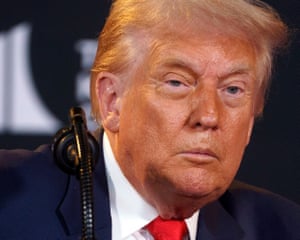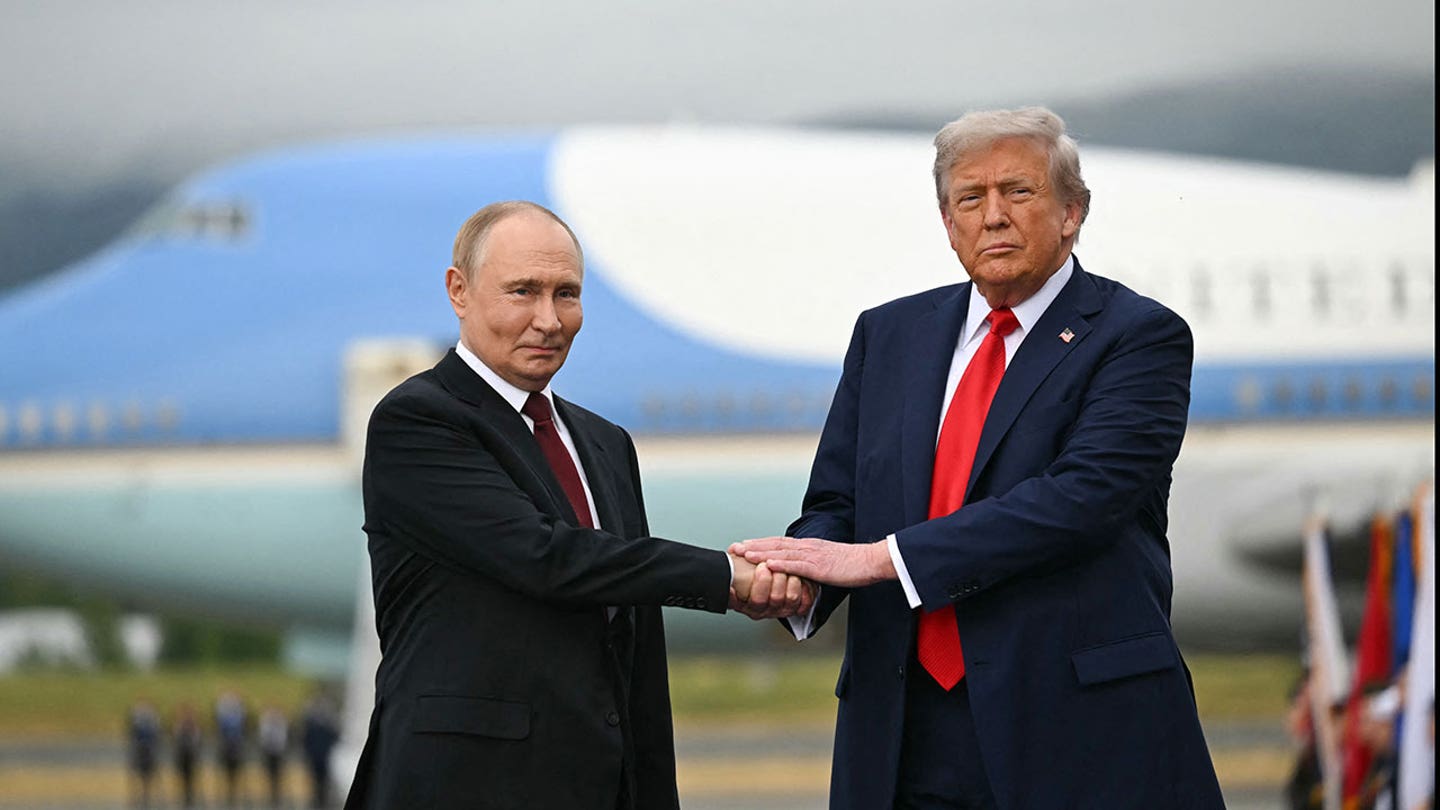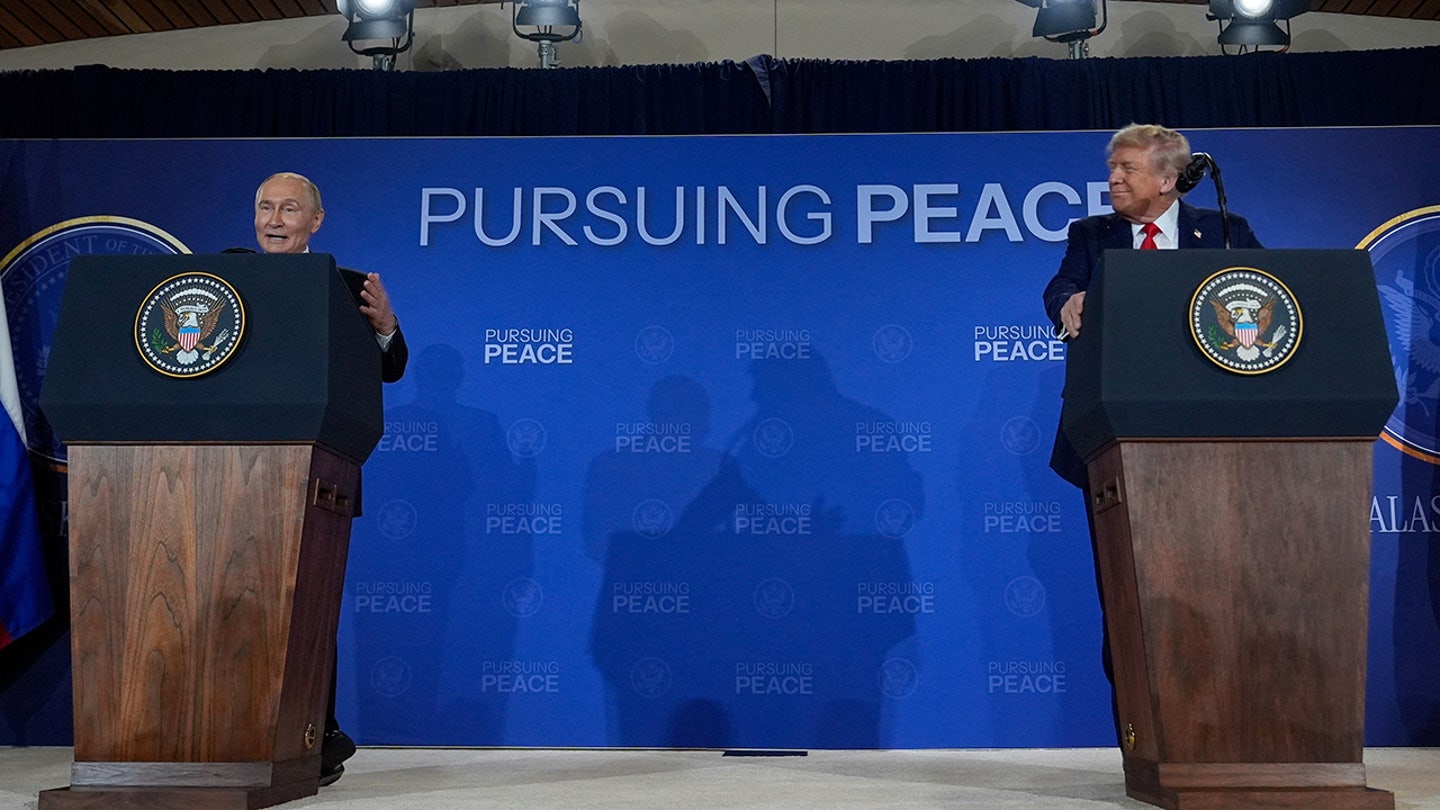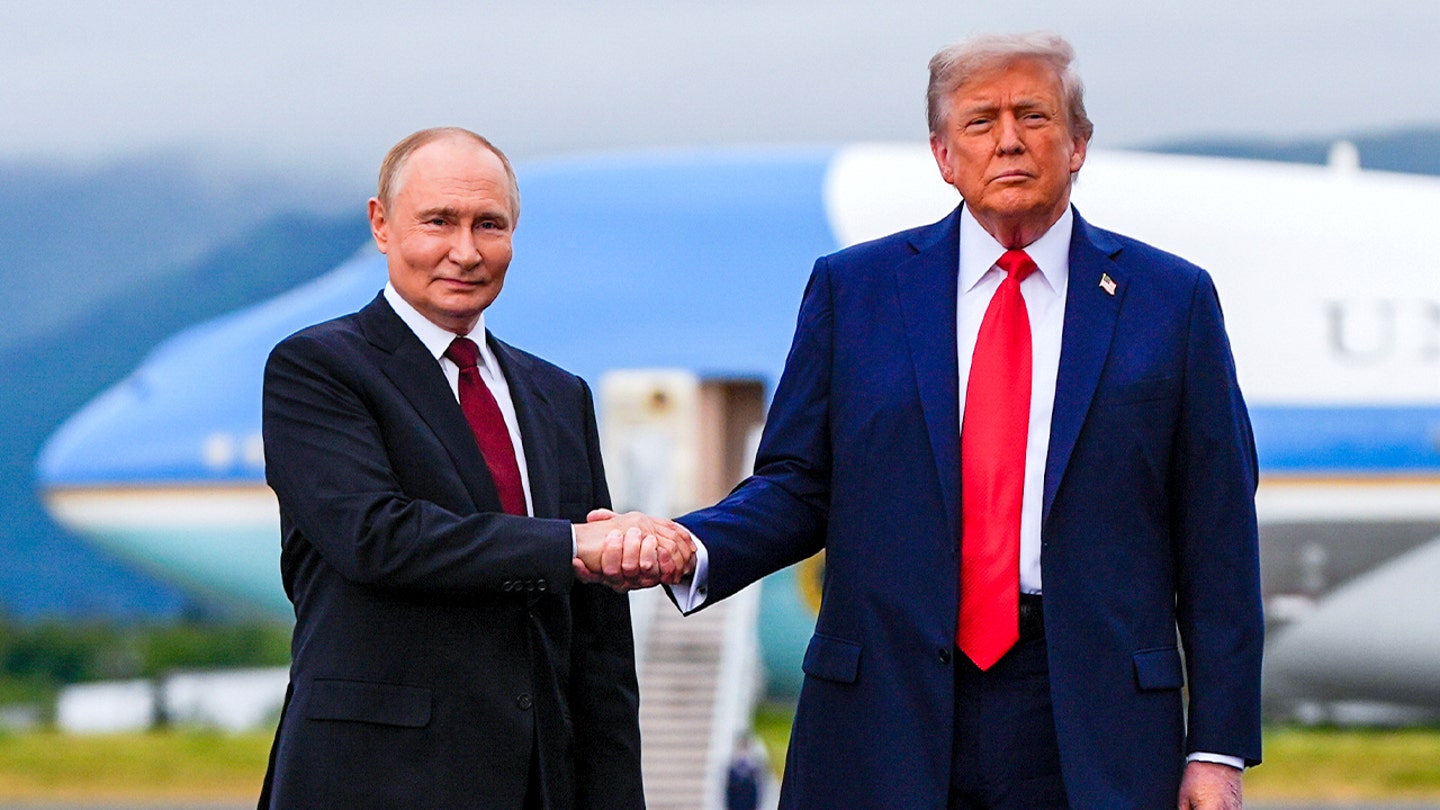
Democratic Texas lawmaker spent night on state House floor after refusing GOP demand for law enforcement escort
Entities mentioned:
- Nicole Collier: Righteousness, Determination, Self-respect
- Dustin Burrows: Control, Power, Duty
- Texas House Democrats: Resistance, Justice, Unity
- Texas Republicans: Power, Control, Ambition
- Beto O'Rourke: Moral outrage, Righteousness, Loyalty
- Greg Abbott: Power, Ambition, Loyalty
- Donald Trump: Influence, Power, Control
- Gavin Newsom: Competitive spirit, Justice, Power
Article Assessment:
Credibility Score: 75/100
Bias Rating: 55/100 (Center)
Sentiment Score: 35/100
Authoritarianism Risk: 65/100 (Authoritarian Tendencies)
Bias Analysis:
The article presents both Republican and Democratic perspectives, but gives slightly more space to Democratic viewpoints and actions. The framing of Republicans' actions as 'demands' and Democrats as 'protesting' suggests a slight lean towards sympathizing with the Democrats.
Key metric: Electoral Integrity
As a social scientist, I analyze that this article highlights a significant conflict over redistricting in Texas, which has broader implications for national electoral integrity. The Republican-led effort to redraw congressional maps mid-decade is an unusual move that could significantly alter the balance of power in the U.S. House of Representatives. This situation demonstrates the intensifying partisan struggle over electoral maps, with both parties engaging in tactical maneuvers to gain advantage. The Democrats' initial flight from the state and subsequent return under restrictive conditions illustrates the lengths to which political actors will go to influence the redistricting process. Rep. Collier's protest against the imposed restrictions symbolizes broader resistance to what Democrats perceive as an abuse of power. This conflict over redistricting could erode public trust in the electoral system and potentially lead to more extreme gerrymandering practices across the country, ultimately impacting the fairness and representativeness of elections.

Senate signals readiness to hit Russia with hard sanctions if peace deal fails
Entities mentioned:
- President Donald Trump: Power, Influence, Legacy
- Ukrainian President Volodymyr Zelenskyy: Self-preservation, Duty, Unity
- Russian President Vladimir Putin: Power, Control, Influence
- Senate Republicans: Loyalty, Determination, Security
- Senate Democrats: Moral outrage, Justice, Wariness
- Congress: Control, Influence, Duty
Article Assessment:
Credibility Score: 70/100
Bias Rating: 55/100 (Center)
Sentiment Score: 45/100
Authoritarianism Risk: 35/100 (Generally Democratic)
Bias Analysis:
The article presents views from both Republican and Democratic senators, providing a relatively balanced perspective. However, there's a slight emphasis on Republican viewpoints, with more detailed quotes and positive framing of Trump's actions.
Key metric: International Relations and Diplomacy
As a social scientist, I analyze that this article highlights the complex interplay between domestic politics and international diplomacy in the context of the Russia-Ukraine conflict. The Senate's readiness to impose sanctions on Russia reflects a bipartisan consensus on the need for a strong U.S. response, should diplomatic efforts fail. This stance potentially strengthens the U.S. negotiating position but also risks escalating tensions. The divergent views between Republicans and Democrats on Trump's approach underscore the polarized nature of U.S. politics, even in foreign policy matters. This internal division could potentially weaken the U.S.'s ability to present a unified front in international negotiations. The article also reveals the delicate balance between pursuing diplomatic solutions and maintaining a credible threat of economic penalties, showcasing the multifaceted nature of modern international relations.

Texas Republicans call new special session for redistricting, this time with Democrats expected back
Entities mentioned:
- Greg Abbott: Power, Control, Determination
- Texas House Democrats: Righteousness, Justice, Influence
- Texas Republicans: Power, Control, Competitive spirit
- California legislature: Competitive spirit, Influence, Power
- Dustin Burrows: Duty, Control, Professional pride
- Ann Johnson: Moral outrage, Justice, Righteousness
Article Assessment:
Credibility Score: 75/100
Bias Rating: 55/100 (Center)
Sentiment Score: 35/100
Authoritarianism Risk: 65/100 (Authoritarian Tendencies)
Bias Analysis:
The article presents perspectives from both Republican and Democratic sides, quoting multiple sources. However, there's slightly more space given to Republican viewpoints and actions, which nudges it just right of center.
Key metric: Political Polarization Index
As a social scientist, I analyze that this article highlights the intense partisan struggle over redistricting in Texas, which has significant implications for the balance of power in the U.S. House of Representatives. The actions of both Republicans and Democrats demonstrate a high level of political polarization, with each side employing tactical maneuvers to gain advantage. The involvement of California in offsetting potential Republican gains in Texas further emphasizes the nationalization of local redistricting efforts. This escalation of partisan redistricting battles is likely to increase political polarization, potentially undermining democratic norms and increasing public cynicism towards the political process. The addition of other conservative priorities to the special session agenda also indicates an attempt to consolidate power and push through a broader ideological agenda, which could further exacerbate political divisions.

Scientists rush to bolster climate finding Trump administration aims to undo
Entities mentioned:
- Trump administration: Control, Power, Influence
- Scientists: Professional pride, Duty, Determination
- Donald Trump: Power, Control, Influence
- National Guard: Duty, Obligation, Security
- Democrats: Justice, Righteousness, Moral outrage
Article Assessment:
Credibility Score: 65/100
Bias Rating: 30/100 (Lean Left)
Sentiment Score: 25/100
Authoritarianism Risk: 70/100 (Authoritarian Tendencies)
Bias Analysis:
The article leans left in its framing, focusing on actions by the Trump administration that are presented in a critical light. The language used and the selection of topics covered suggest a perspective more sympathetic to opposition to Trump's policies.
Key metric: Environmental Protection and Climate Change Policy
As a social scientist, I analyze that this article highlights a significant conflict between the scientific community and the Trump administration regarding climate change findings. The administration's efforts to undo or discredit scientific research on climate change could have far-reaching implications for environmental policy and global climate initiatives. The deployment of the National Guard in Washington DC and potential expansion to other cities suggests an escalation of federal power and control over local jurisdictions, which could impact democratic norms and civil liberties. The article also touches on various other issues such as healthcare funding, immigration policy, and electoral processes, indicating a broad range of policy areas under scrutiny or subject to change by the administration.

ROBERT MAGINNIS: What comes next for US, Russia and Ukraine after Alaska summit
Entities mentioned:
- Donald Trump: Power, Recognition, Legacy
- Vladimir Putin: Control, Power, Self-preservation
- Volodymyr Zelenskyy: Determination, Justice, Unity
- United States: Influence, Security, Power
- Russia: Control, Power, Self-preservation
- Ukraine: Self-preservation, Freedom, Justice
- NATO: Unity, Security, Influence
- China: Power, Influence, Wariness
Article Assessment:
Credibility Score: 75/100
Bias Rating: 55/100 (Center)
Sentiment Score: 45/100
Authoritarianism Risk: 30/100 (Generally Democratic)
Bias Analysis:
The article presents a balanced view of the summit, offering perspectives from multiple sides. While it leans slightly towards a Western viewpoint, it attempts to provide objective analysis of all parties' motivations and potential outcomes.
Key metric: International Diplomatic Influence
As a social scientist, I analyze that this summit represents a critical juncture in U.S.-Russia relations and the ongoing Ukraine conflict. The meeting, while not producing concrete agreements, establishes a foundation for potential future negotiations. The careful choreography and symbolism of the event underscore its significance in global diplomacy. The article highlights the delicate balance between pursuing peace and maintaining a strong negotiating position, particularly for the U.S. and Ukraine. The emphasis on sanctions as a key leverage point suggests that economic pressure remains a primary tool in international conflict resolution. The involvement of multiple stakeholders, including NATO and European allies, indicates the complex, interconnected nature of this geopolitical situation. The article also points to the broader implications of these negotiations, particularly in terms of global power dynamics and the potential impact on other international actors like China. The analysis provides a nuanced view of the challenges ahead, emphasizing the need for rigorous verification mechanisms and sustained diplomatic efforts.

Zelenskyy outlines peace demands before high-stakes White House meeting with Trump
Entities mentioned:
- Volodymyr Zelenskyy: Justice, Self-preservation, Determination
- Donald Trump: Legacy, Influence, Power
- Vladimir Putin: Power, Control, Influence
- European Leaders: Security, Unity, Influence
Article Assessment:
Credibility Score: 75/100
Bias Rating: 55/100 (Center)
Sentiment Score: 45/100
Authoritarianism Risk: 35/100 (Generally Democratic)
Bias Analysis:
The article presents multiple perspectives, including those of Zelenskyy, Trump, Putin, and European leaders, providing a relatively balanced view. However, there's slightly more emphasis on Trump's role and statements, which could indicate a slight center-right lean.
Key metric: International Relations and Diplomacy
As a social scientist, I analyze that this article highlights the complex diplomatic efforts to end the Russia-Ukraine war. The involvement of key global players like the US, Russia, and European nations demonstrates the international significance of the conflict. Zelenskyy's firm stance on achieving 'real peace' and his wariness of Russian treachery indicate Ukraine's determination to protect its sovereignty. Trump's pivot from seeking a ceasefire to pursuing a peace agreement suggests a shift in US diplomatic strategy. The European leaders' insistence on Ukraine's security guarantees and sovereignty reflects their cautious approach to peace negotiations. This high-stakes diplomacy could significantly impact global power dynamics and the future of international conflict resolution.

Texas House Speaker vows runaway Dems will be arrested if they try to sneak home over weekend
Entities mentioned:
- Dustin Burrows: Control, Power, Determination
- Texas Democrats: Righteousness, Justice, Self-preservation
- Greg Abbott: Power, Control, Determination
- Gavin Newsom: Ambition, Competitive spirit, Power
- Donald Trump: Power, Control, Influence
- Gene Wu: Justice, Righteousness, Determination
- Ken Paxton: Power, Control, Loyalty
Article Assessment:
Credibility Score: 70/100
Bias Rating: 55/100 (Center)
Sentiment Score: 30/100
Authoritarianism Risk: 65/100 (Authoritarian Tendencies)
Bias Analysis:
The article presents both Republican and Democratic perspectives, but slightly more space is given to Republican actions and quotes. The framing of Democrats as 'runaway' and 'fleeing' suggests a subtle lean towards Republican narrative.
Key metric: Electoral Competitiveness
As a social scientist, I analyze that this article highlights the intense political maneuvering around congressional redistricting in Texas and California, which directly impacts electoral competitiveness. The actions of both Republican and Democratic parties demonstrate a concerted effort to gain political advantage through map-drawing, potentially reducing the number of competitive districts. This could lead to increased polarization and decreased representation of diverse viewpoints. The use of tactics such as fleeing the state to prevent quorum and threats of arrest indicate a heightened level of partisan conflict, which may erode democratic norms and public trust in the electoral process. The contrasting approaches in Texas and California also reflect the broader national debate on redistricting methods and their impact on fair representation.

Putin backs Trump's claim that the Ukraine war would not have happened if he’d won 2020 election
Entities mentioned:
- Vladimir Putin: Power, Influence, Control
- Donald Trump: Ambition, Power, Influence
- Joe Biden: Duty, Influence, Security
- Volodymyr Zelenskyy: Self-preservation, Duty, Determination
Article Assessment:
Credibility Score: 55/100
Bias Rating: 65/100 (Lean Right)
Sentiment Score: 45/100
Authoritarianism Risk: 55/100 (Mixed/Neutral)
Bias Analysis:
The article leans right, favoring Trump's narrative and giving substantial space to Putin's supportive comments. It presents criticism of the Biden administration without equal counterbalance, suggesting a right-leaning bias in its framing and source selection.
Key metric: International Relations and Diplomacy
As a social scientist, I analyze that this article presents a significant shift in US-Russia relations under Trump's presidency. Putin's endorsement of Trump's claims about preventing the Ukraine war suggests a potential realignment of global power dynamics. This could impact US diplomatic standing, particularly with NATO allies and Ukraine. The article highlights a stark contrast between Trump's approach to Russia and that of the Biden administration, potentially influencing future US foreign policy. The meeting's optics and Putin's praise for Trump may raise concerns about US commitment to its traditional allies and democratic values on the global stage.

Trump backs Putin's proposal for Russia to take full control of Donbas region in Ukraine
Entities mentioned:
- Vladimir Putin: Power, Control, Influence
- Donald Trump: Influence, Recognition, Legacy
- Volodymyr Zelenskyy: Determination, Duty, Self-preservation
- Friedrich Merz: Duty, Influence, Unity
Article Assessment:
Credibility Score: 65/100
Bias Rating: 55/100 (Center)
Sentiment Score: 35/100
Authoritarianism Risk: 60/100 (Mixed/Neutral)
Bias Analysis:
The article presents multiple viewpoints and cites various sources, including European diplomats and U.S. officials. However, it leans slightly towards emphasizing Trump's actions and their potential impact, which could be seen as centrism with a slight right-leaning tone.
Key metric: International Diplomatic Influence
As a social scientist, I analyze that this article highlights a significant shift in U.S. foreign policy regarding the Russia-Ukraine conflict. Trump's support for Putin's proposal to take control of the Donbas region could drastically alter the course of the war and international relations. This move potentially undermines Ukraine's sovereignty and NATO allies' united front against Russian aggression. The change from supporting a ceasefire to pushing for a peace agreement aligned with Russian interests suggests a major realignment of U.S. policy that could have far-reaching consequences for global geopolitics and the balance of power in Eastern Europe.

Top House Dem sides with Mamdani critics on key controversy surrounding his campaign
Entities mentioned:
- Hakeem Jeffries: Political calculation, Duty, Self-preservation
- Zohran Mamdani: Ambition, Justice, Influence
- Andrew Cuomo: Revenge, Political calculation, Power
- Dora Pekec: Loyalty, Righteousness, Determination
- Alex Bradley: Moral outrage, Loyalty, Indignation
- Michael Koncewicz: Moral outrage, Indignation, Righteousness
Article Assessment:
Credibility Score: 70/100
Bias Rating: 55/100 (Center)
Sentiment Score: 30/100
Authoritarianism Risk: 35/100 (Generally Democratic)
Bias Analysis:
The article presents multiple perspectives, including critics and supporters of Mamdani. However, it gives more space to critical voices and frames the issue as problematic for Mamdani's campaign.
Key metric: Political Party Unity
As a social scientist, I analyze that this article highlights internal Democratic Party tensions surrounding a progressive candidate in New York City. The controversy over Mamdani's housing situation exposes ideological rifts within the party, with establishment figures like Jeffries distancing themselves from more left-leaning candidates. This impacts party unity by potentially alienating progressive voters and activists, while also revealing the challenges Democrats face in reconciling diverse policy positions within their coalition. The situation underscores the ongoing struggle between centrist and progressive factions in the Democratic Party, which could affect voter turnout and party enthusiasm in future elections.